Alternative data represents information captured from any part of an organization, outside of traditional reporting metrics, that has implications for stakeholder decision making. Environmental, social, and governance (ESG) data are some of the most frequently cited forms of alternative data. Prominent organizations and investors race to meet the demands of increasing global pressure to prove the sustainability of their operations. Yet, they all continue to struggle with ESG data standardization, asset sourcing, and a noisy marketplace. With hundreds of data insights highlighting any number of different metrics and frameworks, investors can be left guessing as to which ESG-related questions they need to answer, what data insights provide them with the best answers, and where to source all of this data.[1] With so much uncertainty in an already ill-defined space, investors must know they can trust data to support decision making.


Spherical Analytics (SA) is working with the National Institute of Standards and Technology’s (NIST’s) National Cybersecurity Center of Excellence (NCCoE) in their Securing the Industrial Internet of Things (IIoT) project to develop practical, interoperable cybersecurity approaches that address real-world needs of distributed energy resource (DER) environments. By accelerating dissemination and use of these integrated tools and technologies for protecting IIoT in and among DERs, the NCCoE will enhance trust in U.S. information technology (IT) and operational technology (OT) communications, data, and storage systems; reduce risk for companies and individuals using IT/OT systems; and encourage development of innovative, job-creating cybersecurity products and services.

Context Labs and Spherical Analytics Chief Operating Officer, Mark McDivitt, was recently featured on a CoinDesk episode of Money Reimagined, entitled: “Crypto, Climate Change and the ESG Debate: Kevin O’Leary, Massamba Thioye, Martin Wainstein Tackle the Issues and More.”

Spherical Analytics’ Chief Business Officer, Chris Rezendes, will be participating in a panel on infrastructure entitled, “The Economic Payoffs of Infrastructure Investment” on Wednesday, May 12th at 11:00 AM ET.
The panel will address the debate over the cost of infrastructure investment in the context of the expected results and impact on the competitiveness of the economy. Chris will be joining moderator Hank Torbert from The Frontier along with panelists Yuri Estrada from Carlyle Group, Max Wolf from Systematic Ventures, and Chris Bonanti from RWV Consulting and former Chief of Staff of the US Railroad Administration.


